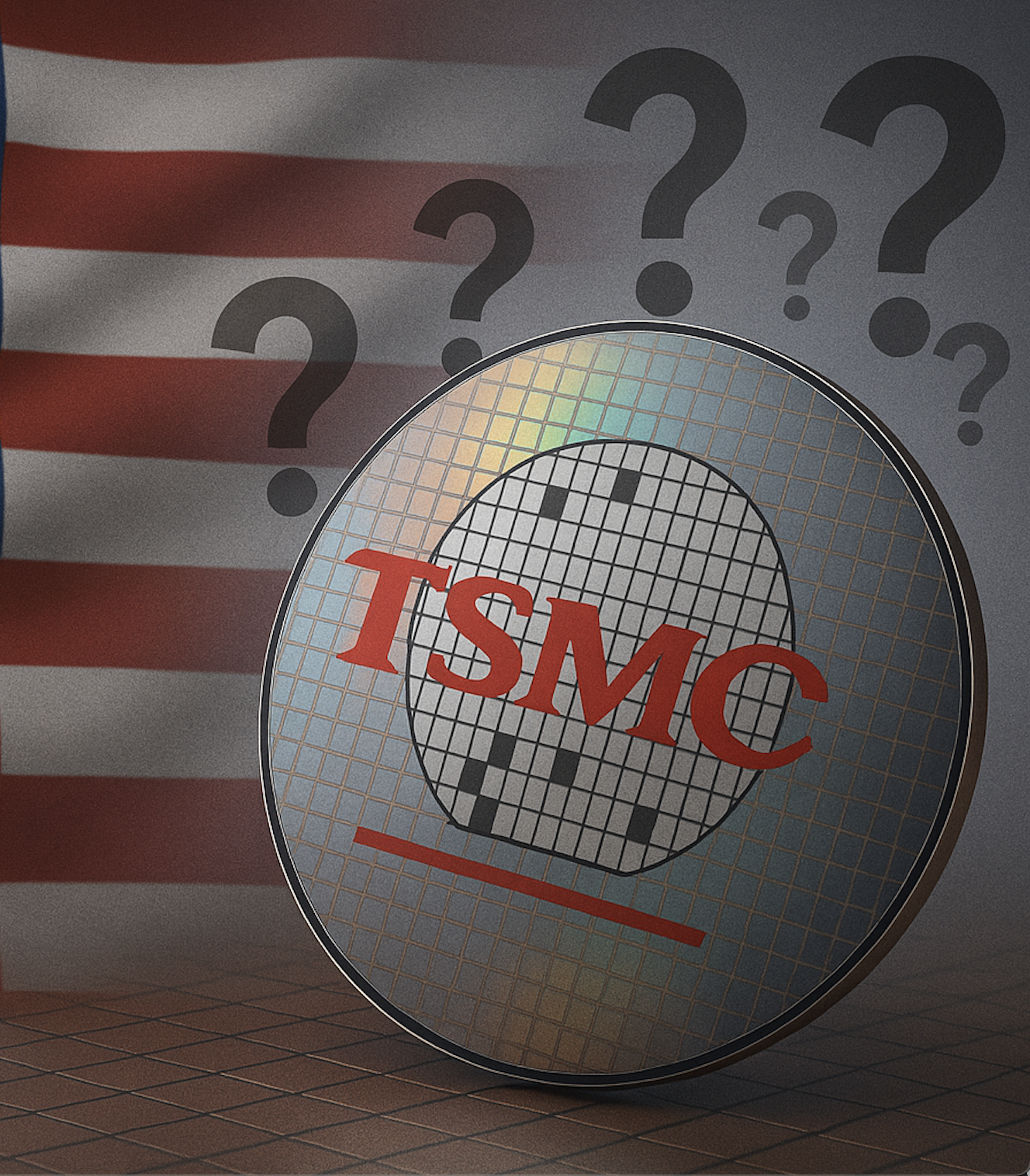President Donald Trump has issued what can only be described as a blunt ultimatum to Taiwan Semiconductor Manufacturing Company (TSMC), threatening the chipmaking giant with a 100% tax if it doesn't follow through on plans to build manufacturing facilities in the United States. The comments, made during a Republican National Congressional Committee event on Tuesday, have industry insiders scratching their heads about the administration's strategy for securing domestic semiconductor production.
"Make in America or face 100% tax," Trump told the audience, while simultaneously criticizing the previous administration's $6.6 billion grant to TSMC's U.S. unit for semiconductor production in Phoenix. According to Trump, semiconductor companies "don't need the money"—a claim that flies in the face of decades of industry economics and the well-documented challenges of establishing cost-competitive manufacturing in the United States.
I've spent years covering the semiconductor sector, and this threat couldn't come at a more delicate moment. TSMC is trying to navigate the geopolitical minefield between the United States, China, and Taiwan while making multi-billion-dollar investment decisions that will shape the industry for decades. The company, which produces the world's most advanced chips for tech giants like Apple, Nvidia, and AMD, has become the crown jewel in the global technology competition between the U.S. and China.
Industry analysts I spoke with expressed concern that Trump's approach might backfire spectacularly. "That definitely gives other companies confidence to build in America," one industry veteran noted sarcastically, highlighting the glaring contradiction between the administration's stated goal of increasing domestic production and its confrontational approach to international businesses.
TSMC has already committed billions to U.S. manufacturing expansion, with plans for multiple fabrication facilities in Arizona. The company's investment represents one of the most significant victories in the bipartisan push to rebuild America's semiconductor manufacturing
Trump's Taiwan Semiconductor Threat Raises Questions About U.S. Manufacturing Strategy
4/9/2025
